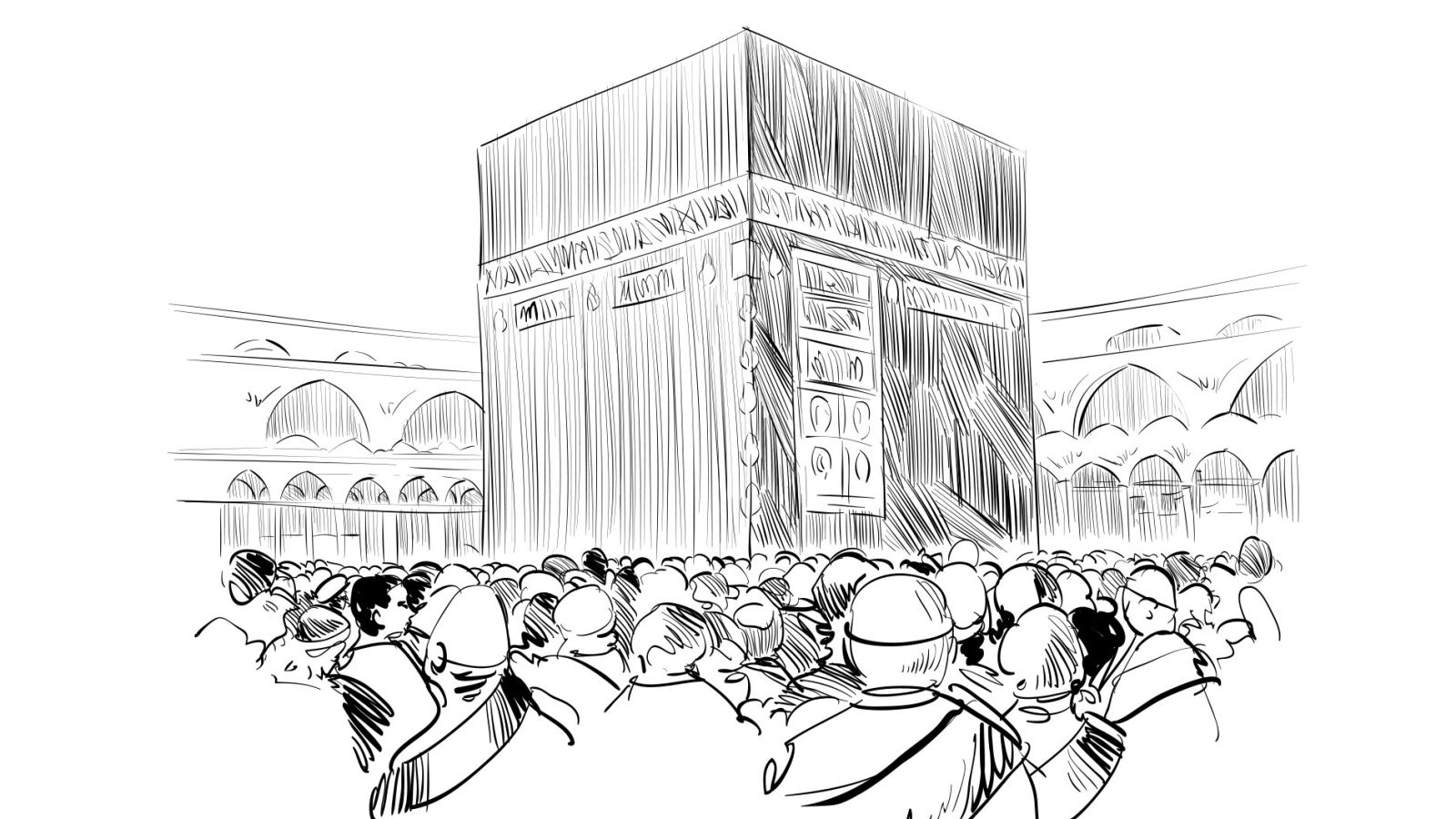The Parable of the Mushrik and the Muwaḥḥid
Imām Ibn al-Qayyim


Al-Imām Ibn Al-Qayyim said: “Allāh the Most High said:
ضَرَبَ اللَّهُ مَثَلًا رَّجُلًا فِيهِ شُرَكَاءُ مُتَشَاكِسُونَ وَرَجُلًا سَلَمًا لِّرَجُلٍ هَلْ يَسْتَوِيَانِ مَثَلًا ۚ الْحَمْدُ لِلَّهِ ۚ بَلْ أَكْثَرُهُمْ لَا يَعْلَمُونَ ﴿٢٩﴾
‘Allāh presents an example: a slave owned by quarrelling partners and another belonging exclusively to one man – are they equal in comparison? Praise be to Allāh! But most of them do not know.’
[al-Zumar, 39:29]
This is a parable that Allāh has presented for the mushrik and the muwaḥḥid. As for the mushrik, it is as if he is a slave owned by a group [of masters] that are constantly in a state of quarrel, argument, and hatred. This man is [described as] mutashākis [as in the verse], which refers to a constricted way of living. This is because the mushrik worships many gods, and as so, has been likened to a slave owned by a group [of masters] that vie with one another in service to him. Thus, it becomes impossible for him to please them all. As for the muwaḥḥid, he worships Allāh alone. So, his parable is closest to a man who serves but one master.
He has submitted himself to Him, knows what He expects from him, and the path to gain His pleasure.
Thus, he is safe from the rancour of mixed expectations within himself. Rather, he has completely submitted to his Master, so he is free of any disputing [claims]. He enjoys the compassion, mercy, kindness, and goodness from [his Master] along with the promise of closeness and support in all matters of righteousness. Thus, how could these two slaves ever be equal?”
Source: Iʿlām Al-Muwaqiʿīn 1:204
Translated by: Riyāḍ Al-Kanadī

















